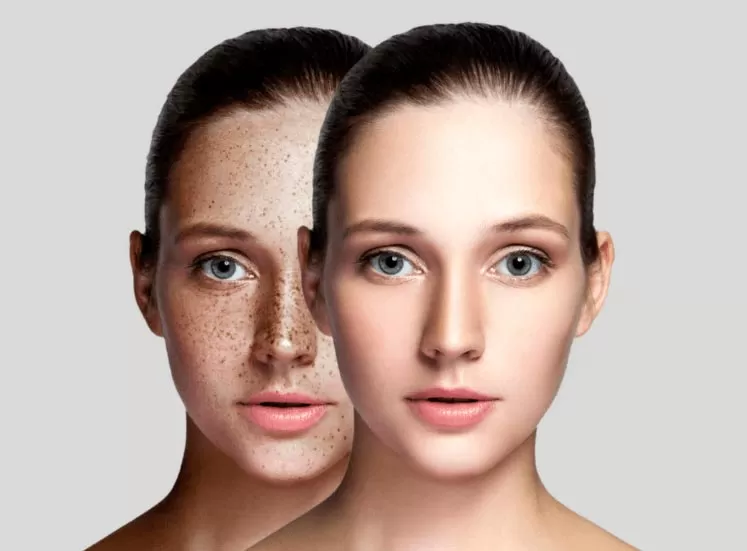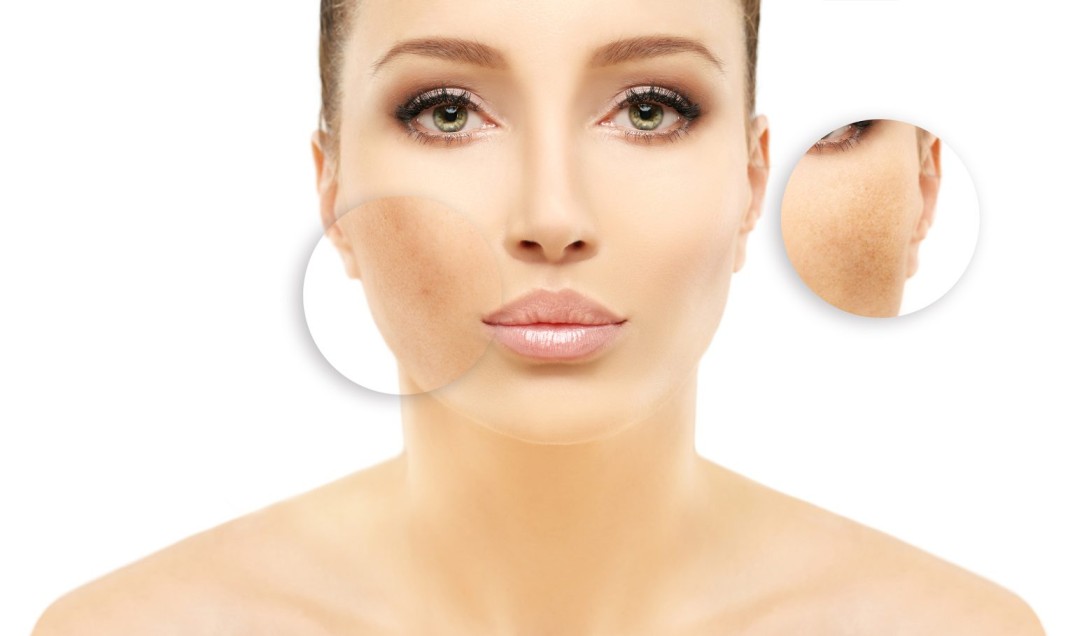The Confidence-Killing Consequences of Racial Pigmentation in the Gums
Racial pigmentation in the gums can have serious consequences for self-confidence. Darkly pigmented gums can drastically alter the appearance of your smile, and make it difficult to feel comfortable in any social situation. While ethnic and multifocal pigmentation in the oral mucus membranes are not a health threat, it can still affect how you feel about yourself. In this blog post, we will discuss the confidence-killing consequences of racial pigmentation in the gums and how to cope with them.

What is racial pigmentation?
Racial pigmentation is a condition in which the gums and oral mucus membranes become darkly pigmented, often as a result of an individual’s ethnic background. The discoloration can vary in intensity, ranging from light brown to dark brown or black. This condition is usually most noticeable around the gum line, but it can also appear on the inner cheeks, lips, and tongue. Racial pigmentation is not a health risk and does not cause any medical symptoms. However, many people feel that the discoloration makes their smile less attractive and affects their self-confidence. The condition is more common in those of African, Middle Eastern, and South Asian descent but can affect anyone. Treatment options are available for those who wish to reduce the appearance of the pigmentation.
What causes racial pigmentation?
Racial pigmentation is caused by the buildup of melanin in certain areas of the gums and oral mucous membranes. Melanin is a pigment found in skin, hair, and eyes that provides color and protection from the sun. When it builds up in certain areas of the gums, it can cause dark patches that can be more pronounced in people of certain ethnic backgrounds. Certain medications and diseases can also contribute to the accumulation of melanin and the subsequent pigmentation of the gums. In rare cases, there are genetic disorders that can cause excessive accumulation of melanin and lead to pigmentation. While these conditions are not a health risk, they can be aesthetically unpleasing and cause a lack of self-confidence in those affected.
How does racial pigmentation affect confidence?
Racial pigmentation in the gums and oral mucus membranes can be a real confidence killer for many people, as it affects the overall aesthetics of a white smile. The darkly pigmented gums make it difficult to achieve an aesthetically pleasing smile, which can lead to a lack of self-confidence. This can have an impact on both physical and mental well-being, making it difficult to feel comfortable in social situations and even more difficult to be open and honest in relationships. This lack of confidence can be especially damaging for those who are already struggling with low self-esteem due to other life factors. Additionally, people may feel judged by their peers and even by strangers if they have a different skin tone than their peers. All of these emotional consequences can lead to social anxiety and other negative psychological outcomes.
What is racial pigmentation?
Racial pigmentation is a common condition that affects the gums and oral mucus membranes of individuals from different ethnic backgrounds. It is caused by an increase in melanin, which is the natural pigment produced by melanocytes in the body. The affected areas of the mouth usually appear darker than the surrounding areas, often in shades of brown or black. It is most commonly seen in those of African, Asian, and Latin American descent, but can affect people of any race. In some cases, it may be more visible in certain areas of the mouth than others.
What drugs cause oral pigmentation?
Many drugs can cause changes in the pigmentation of gums and oral mucus membranes, including the darkening of gums due to racial pigmentation. Certain antibiotics, antimalarials, antihypertensives, and psychotropic drugs have been associated with oral pigmentation. Other drugs that can cause darkening of the gums are chemotherapeutic agents and amiodarone. Some medications can cause a bluish-gray discoloration of the gums known as argyria. However, any type of drug-induced gingival discoloration usually disappears when the medication is discontinued.
Does pigmentation go away?
When it comes to racial pigmentation, the answer is usually no. Most of the time, this type of pigmentation is caused by a genetic factor and is not something that can be reversed without medical intervention. Some cases, such as those caused by certain drugs or exposure to metals, can be reversed once the causative agent is removed from the environment. However, in most cases, racial pigmentation is permanent and will not go away on its own. While there are treatments that can help reduce the appearance of pigmentation in some cases, there is no guaranteed way to completely remove it.

What is the root cause of pigmentation?
The exact cause of racial pigmentation is not known. It is believed to be related to an increase in melanin, which is the substance responsible for darkening the skin. Melanin is produced by cells in the body called melanocytes. In people with darker skin tones, the melanocytes are more active and produce more melanin than those with lighter skin tones. Racial pigmentation can be triggered by a variety of environmental factors, including sun exposure, genetics, stress, and certain medications. It is also linked to certain medical conditions, such as Addison’s disease, vitiligo, and systemic lupus erythematosus. Ultimately, the root cause of racial pigmentation is unknown but is thought to be related to a combination of genetic and environmental factors.
Conclusion
Racial pigmentation in the gums and oral mucus membranes can have a detrimental effect on a person’s confidence. Although it is not a health threat, the discoloration of the gums caused by racial pigmentation can make it difficult to achieve a bright white smile. It is important to understand what causes racial pigmentation, including certain drugs and genetics, as well as the ways in which it can be addressed to minimize the effects. With an understanding of the root cause, steps can be taken to limit the occurrence of racial pigmentation and achieve a brighter smile.

